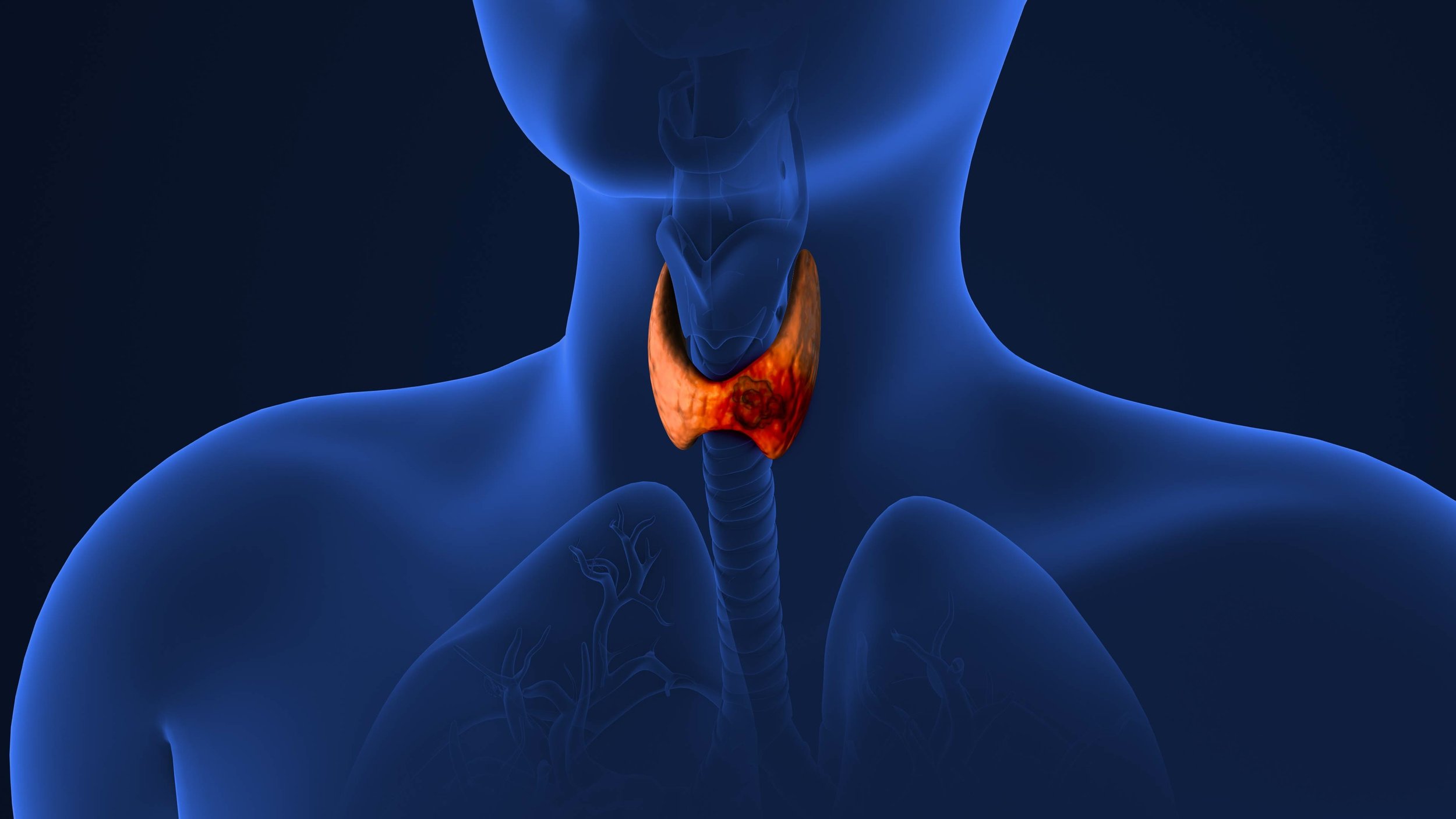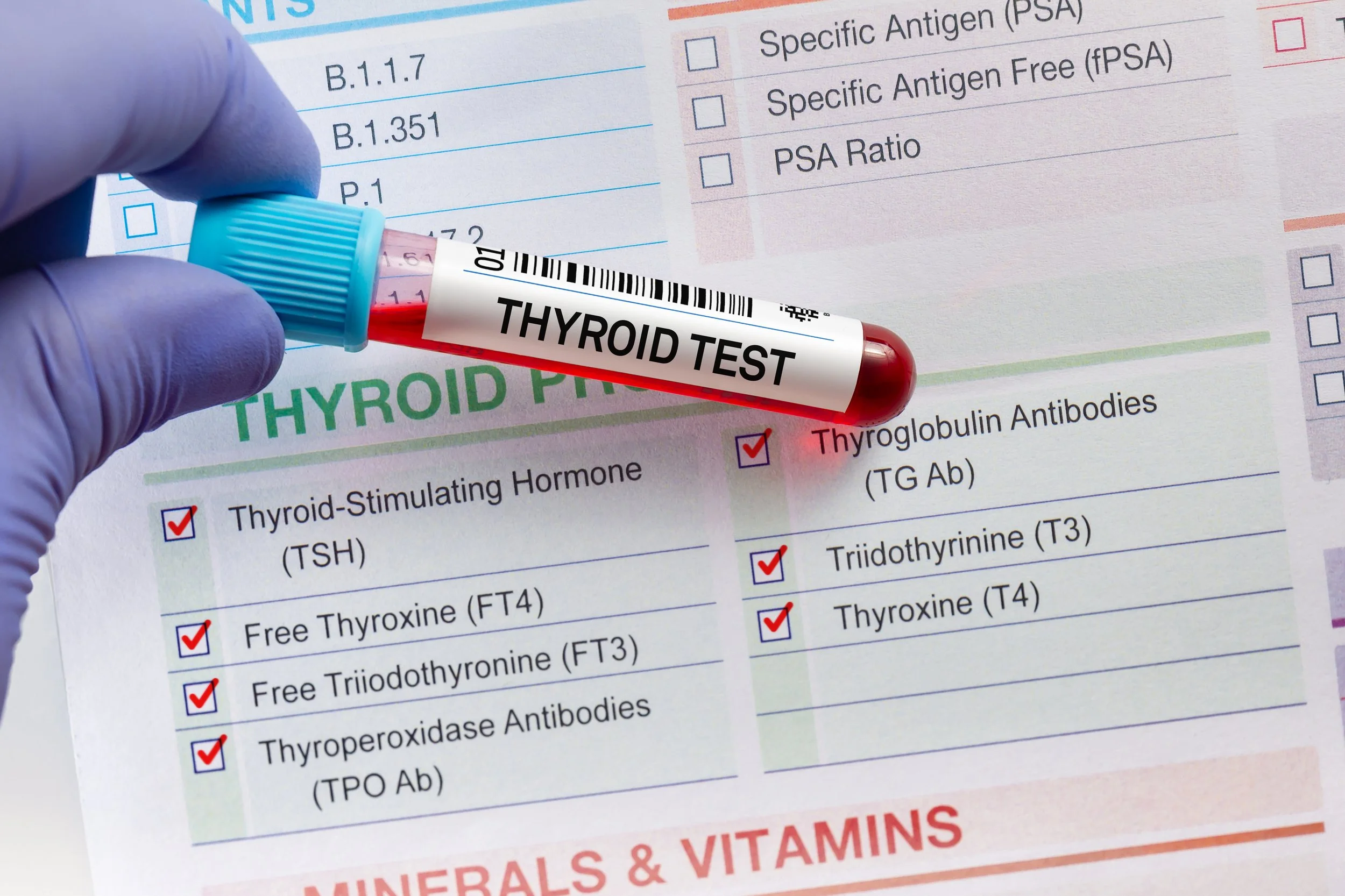Hashimoto’s: Why It’s Not Just a Thyroid Problem
When most people hear they have a thyroid issue, they assume the problem lies solely within the thyroid gland itself. But in autoimmune thyroid conditions like Hashimoto’s thyroiditis, this couldn’t be further from the truth.
In fact, the thyroid isn’t the root of the problem — it’s the victim. The real issue is the immune system.
How Conventional Medicine Treats Thyroid Disease
In conventional medicine, diagnosis and treatment of thyroid issues routinely follows a predictable path:
Test TSH (Thyroid Stimulating Hormone)
If out of range, test thyroid hormones and thyroid antibodies
If antibodies are positive and thyroid hormones are low, diagnose Autoimmune Hashimoto’s disease
Prescribe thyroid hormone (usually T4/Thyroxine)
And this is where it ends… other than monitoring the ‘dosage’ of medication against the TSH and adjusted throughout your life.
Here’s the problem: This approach only addresses the ‘thyroid hormone deficiency’.
It does not address autoimmune process. The immune system can continue attacking the thyroid, leading to further damage of the gland, even while on medication.
The subsequent inflammation in the thyroid continues to causes symptoms such as pain, stiffness and feelings of fatigue and brain fog.
Why Thyroid Medication May Not Solve All Symptoms
While thyroid hormone replacement can be a godsend, and can help restore lab numbers and improve symptoms, many people still don’t feel like themselves. That’s because the real driver of fatigue, inflammation, brain fog, and low motivation isn’t just low hormones—it’s immune dysfunction and the inflammation it creates.
And despite the ongoing autoimmune attack, medical guidelines often advise not to re-test antibodies once a diagnosis is made. The logic is that antibody levels don’t change the treatment plan, because the only treatment plan in conventional medicine is to medicate…
But for health practitioners like myself who use a holistic approach, we continue to track them to guide healing. Some people call this functional medicine, some call it integrative medicine and its very much naturopathic medicine. Whatever you want to call it - it is treating the ‘whole person’.
What Is Hashimoto’s Thyroiditis?
Hashimoto’s is the most common ‘cause’ of hypothyroidism and is driven by an overactive immune system attacking the thyroid.
Common Triggers Include:
- Gut issues and food sensitivities (e.g., gluten)
– Deficiencies in Selenium, zinc, vitamin D
- Viral infections (e.g., EBV)
- Hormonal shifts (e.g., postpartum, menopause)
- Insulin resistance and blood sugar dysregulation
-
Lab markers Tested:
- Elevated Anti-TPO or Anti-Tg antibodies
- High TSH, low or normal T4/T3
- Possible high reverse T3 (with stress or inflammation)
Hashimoto’s Disease: A Systemic Disease, Not Just a Thyroid Disease
Emerging research and leading practitioners are calling for Hashimoto’s to be recognised as a systemic immune condition. It’s not just a thyroid issue—it involves chronic inflammation, oxidative stress, gut permeability, and immune dysregulation.
People can have:
· “Perfect” TSH and Free T4 levels
· And still suffer from extreme fatigue, brain fog, depression, dry skin, hair loss and hoarse voice… and more.
Why? Because the underlying autoimmune fire is still burning, even if hormone levels are medicated into range.
For me, personally, I found my TSH levels returned to normal following medication and yet I continued to get random pain… I would address it with diet, supplements, physio etc…. but when I started loosing my voice and it continued, I realised… there was still something wrong with my thyroid.
Can you treat Hashimoto’s Disease Naturally?
In holistic care, we don’t just medicate or replace hormones.
We ask: What’s driving the immune response?
Some things we focus on:
1. Address Gut Health by:
Assess gut function - is there reflux, irritable bowel syndrome, bloating, constipation…. what is going on here.
Dietary strategies to support healthy gut function
Specific gut protocols to restore healthy gut function
2. Calming the Immune System
Identifying and removing triggers (foods, heavy metals, mould, infections)
Using an anti-inflammatory diet to reduce immune triggers and improve energy
Stress reduction and adrenal support
3. Supporting Healthy Thyroid
Nutrient repletion - Support with nutrients specific for healthy thyroid functioning. Some of these nutrients can actually support thyroid hormone replace to work more effectively
Improving liver detoxification
Supporting the nervous system - Sleep, reduce stress, hypnotherapy, adaptogens
Optimising protein intake to support metabolism, muscle repair, and hormone balance
Reach out or book a discovery call if you’d like to know more. You can message me HERE. Or book an appointment HERE


